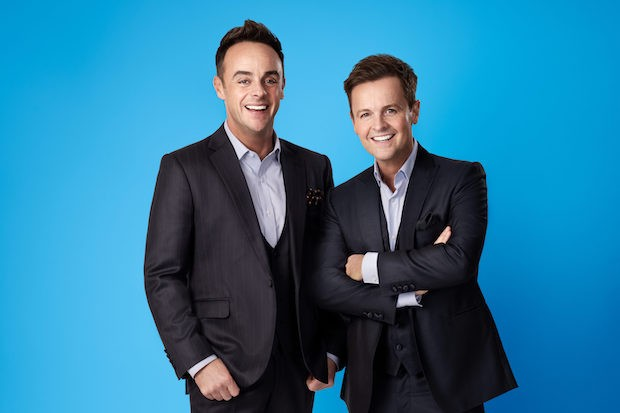Private credit has ballooned into a trillion dollar endeavor… but it’s not stable as some would like to think.
| From the desk of Miles Everson: Hi! I’m excited to share another investing insight for today’s “The Independent Investor.” Every Wednesday, I talk about investing in the hopes of helping you achieve financial independence through this activity. Today, I will talk about a topic not every investor pays attention to. Curious? Keep reading below to know more! |
Private credit has ballooned into a trillion dollar endeavor… but it’s not stable as some would like to think. In just a decade, the private credit market ballooned from USD 500 billion in 2015 to an eye-popping USD 2 trillion. This rapid growth has attracted everyone from Wall Street giants to insurance companies and pension funds. At the center of this massive boom is a small firm called Egan-Jones Ratings. The company graded more than 3,000 private credit deals in 2024 alone—while employing just 20 analysts. Its quick process and generous grades have made it the go-to name for credit issuers and buyers alike. While this may sound good on paper, recent defaults are showing cracks in the market. Life insurers who bought into Egan-Jones Ratings’ assessments back in 2019 are now starting to take hits. Fast, Cheap, and Generous
Egan-Jones provides rating assessments based on minimal documentation and low fees in just five days. To do this, it relies on short management calls and borrower-supplied data, leading to one-pager final ratings. On the other hand, credit giants like Moody’s and S&P Global spend weeks and countless hours conducting due diligence. Despite this, insurers have taken Egan-Jones’ rating assessments at face value. According to Professor Joel Litman , Chairman and CEO of Valens Research and Chief Investment Officer of Altimetry Financial Research, insurers with decent credit ratings can hold far less capital than those with “junk ratings.” For example: A BBB-rated loan, classified as “lower medium grade” under S&P Global, needs as little as USD 1.5 million in reserves. Meanwhile, a level B junk loan needs USD 9.5 million.
The bottom line? Egan-Jones’ credit ratings don’t reflect lenders’ true risk, showing that private creditors resort to questionable methods when times get tough. This underlying problem is no longer flying under the radar. The National Association of Insurance Commissioners (NAIC) issued a warning earlier this year that reported ratings from firms like Egan-Jones were more generous than internal assessments by as much as six grade levels. Eventually, the NAIC withdrew its report due to backlash from insurers, sparking concerns across the industry. Borrowers, eventually, couldn’t pay back the high interest on their loans and began defaulting. Crown Holdings is a company that received a respectable BBB rating for several loans. Several weeks later, it collapsed due to a fraud scandal. Meanwhile, Chicken Soup for the Soul Entertainment —parent company of Redbox—filed for bankruptcy within months of an Egan Jones’ investment-grade nod. Unfortunately, these aren’t isolated incidents; they’re warning signs in a booming industry. Private credit isn’t inherently bad. It provides financing to small and medium-sized firms. It also helps in cases where banks won’t. However, minimal oversight and dubious ratings aren’t the solution. Egan-Jones’ rapid rise and recent stumbles highlight the risk of unchecked private credit. As defaults climb, so will the scrutiny. Unless ratings become more credible and transparent, the private credit powder keg could explode and the sector as a whole could face a reckoning. Hope you’ve found this week’s insights interesting and helpful. Stay tuned for next Wednesday’s The Independent Investor! 25 years ago, Howard Marks penned a memo titled “ bubble.com ,” sounding the alarm just before the dot-com crash of 2000. Learn more about how investors can stay prepared when the market is on a bubble watch in next week’s article! |

Miles Everson
CEO of MBO Partners and former Global Advisory and Consulting CEO at PwC, Everson has worked with many of the world's largest and most prominent organizations, specializing in executive management. He helps companies balance growth, reduce risk, maximize return, and excel in strategic business priorities.
He is a sought-after public speaker and contributor and has been a case study for success from Harvard Business School.
Everson is a Certified Public Accountant, a member of the American Institute of Certified Public Accountants and Minnesota Society of Certified Public Accountants. He graduated from St. Cloud State University with a B.S. in Accounting.





